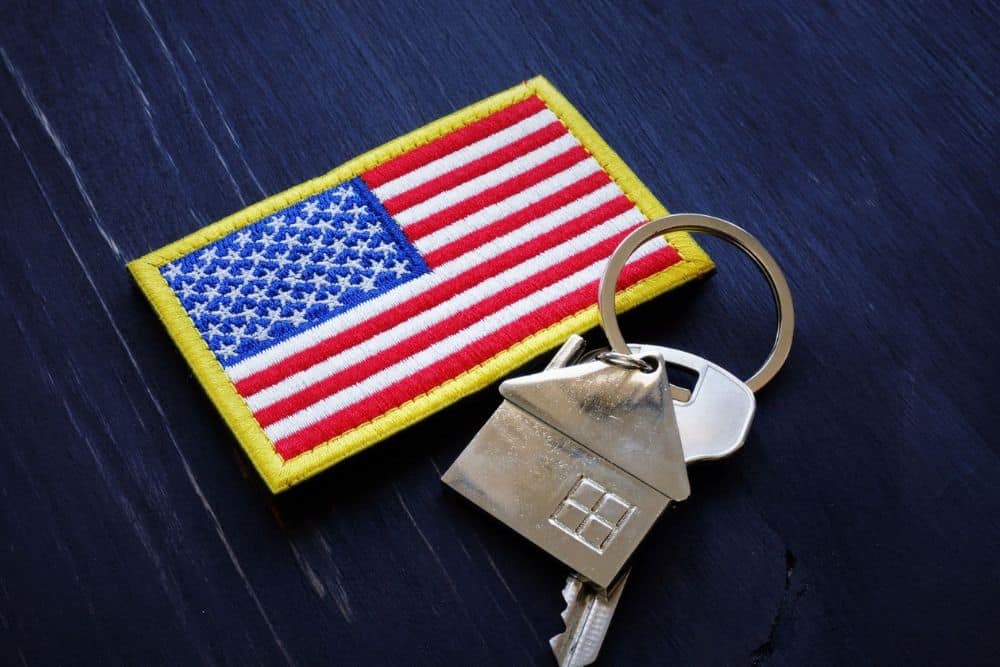Securing Homes for Heroes: Feenstra’s Stand Against Veteran Homelessness
Every night in the land of the free, tens of thousands of veterans, those who bravely served our nation, find themselves sleeping on the streets. This is not just wrong; it’s an affront to the values we hold dear. Representative Feenstra echoes a sentiment shared by many — no veteran should be homeless in the United States of America. In this article, we delve into Feenstra’s commitment to eradicating veteran homelessness and his recent support for the Housing our Military Veterans Effectively (HOME) Act.
How many veterans are homeless in the United States, and why is this a concern for Feenstra?
The U.S. Department of Veterans Affairs estimates nearly 70,000 homeless veterans nationwide, a statistic that deeply troubles Representative Feenstra. His conviction is clear: one homeless veteran is one too many. This concern stems from a profound sense of gratitude for our veterans’ service, driving him to prioritize their housing and care.
The HOME Act: A Threefold Solution
In a resounding display of commitment, Feenstra voted for the HOME Act, a comprehensive piece of legislation aimed at tackling veteran homelessness. The threefold approach outlined in the act addresses critical aspects contributing to homelessness among veterans.
Increasing Per Diem Rates:
The HOME Act proposes increasing per diem rates for nonprofit organizations supporting homeless veterans. This boost, from 115 percent to potentially 200 percent, particularly benefits rural communities and areas with higher-than-average veteran suicide rates.
Providing Stipends for Essentials:
To empower homeless veterans, the legislation establishes stipends covering necessities such as food, clothing, personal hygiene items, transportation, and housing. This initiative aims to offer financial assistance for veterans to regain stability.
Efficient Resource Deployment:
The HOME Act ensures the efficient use of resources by the U.S. Department of Veterans Affairs, directing funds to feed, clothe, and secure permanent homes for veterans. This strategic allocation enhances the impact of available resources.
How does the HOME Act address the financial and essential needs of homeless veterans?
The HOME Act directly addresses financial needs by increasing per diem rates and providing stipends for essentials. This approach strives to offer practical assistance, supporting veterans in their journey towards stability, dignity, and respect.
Supporting Veterans’ Mental Health
Feenstra recognizes the intersection of veteran homelessness and mental health challenges. He has been a vocal advocate, supporting legislation to connect veterans with essential mental health resources.
Legislative Support for Mental Health
- Feenstra’s backing of the Restoring Hope for Mental Health and Well-Being Act of 2022 emphasizes the importance of post-crisis follow-up care for veterans through the Veterans Crisis Line.
- The Sgt. Ketchum Rural Veterans Mental Health Act, supported by Feenstra, expands mental health care in rural communities, establishing new centers through the RANGE program.
How has Feenstra contributed to mental health legislation, and why is this significant for veterans?
Feenstra’s contributions include supporting bills for post-crisis follow-up care and expanding mental health care in rural areas, acknowledging the vital role mental health plays in the well-being of veterans.
A Pledge to Heroes
In conclusion, Representative Feenstra’s unwavering commitment to the HOME Act and mental health legislation reflects his promise to advocate for veterans. By supporting these initiatives, he stands as a beacon of hope for those who have bravely served our country, ensuring they have not only a place to call home but the support and care they deserve.





